The Right Price at the Right Time: Effective Retail Promotion Planning With AI/ML
Learn how to capture the true impact of your promotions and improve promotion planning to meet revenue and profit objectives with machine learning-driven simulations
Do you know if your promotions truly drive profits? Many retailers are caught in the cycle of repeating last year's promotions, unaware of which ones genuinely contribute to the bottom line. This lack of clarity is a result of fragmented data, outdated analytical tools, and a complex planning process.
Boost category managers’ productivity by 400%-600% and incremental top-line revenue by $50M
To make matters worse, category managers often rely on manual spreadsheets or basic dashboards. Those resources are prone to errors and provide incomplete insights, making it difficult to plan effectively for the future.
But your category managers can overcome these obstacles with machine learning (ML). Powerful algorithms enable them to promote the right products, at the right price, at the right time — maximizing revenue and margins.
Up to the task? The limits of existing evaluation methods
Promotional campaigns are a vital part of your retail strategy. They can boost sales, attract new customers, and enhance brand loyalty. With intense retail competition and consumers in Europe still feeling the effects of inflation and geopolitical instability, the need for data-driven promotional planning in retail is obvious. And the availability of data makes it possible.
When the category managers at one of the top retailers in EMEA faced an uphill battle while trying to maximize the revenue of its promo campaigns, they had a two-fold problem:

Difficulty integrating data from sales, margins, loyalty transactions, and promotion mechanics for holistic campaign analysis.
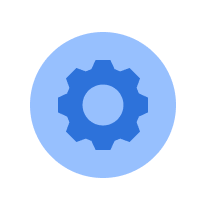
A lack of robust tools to accurately view incremental sales and margins from promotions.
In a nutshell, the outdated tools couldn’t quickly and reliably provide category managers with the data analyses they needed to continuously experiment on — and improve — the performance of future promotions.
Incomplete data and outdated methods hinder data-driven promotion planning
Traditional metrics to measure promotion impact only scratch the surface. To identify campaigns that lead to revenue growth and profitability, category managers needed to leverage a new method: incremental impact measurement.
This method provides details on the true cost (and/or gain) of running a promotion with comprehensive datasets aggregated from multiple sources. It offers a holistic view of past promotional performance, including:
- Product master data
- Pricing
- Cost of goods sold (COGS)
- Promotion mechanics
- Transaction data for SKUs as well as baskets and household levels from loyalty cards.
Breaking down promo planning
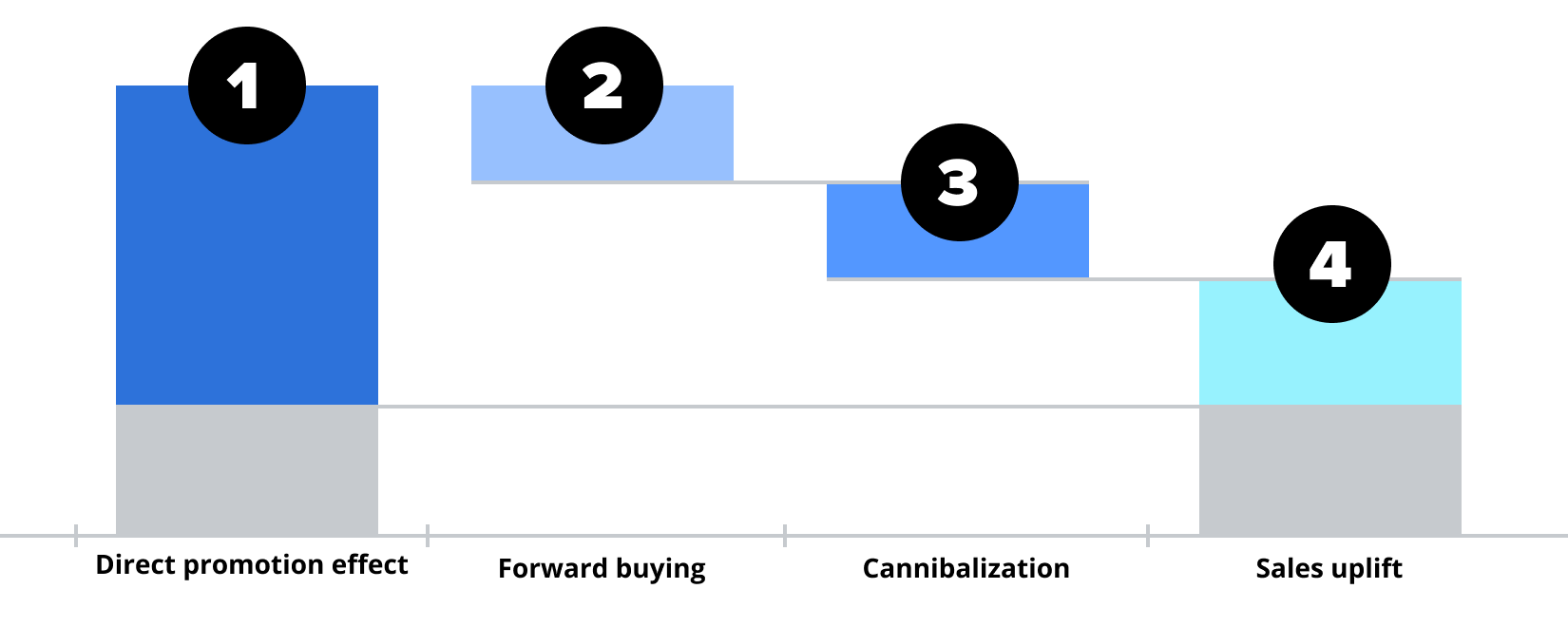
This approach to promotion analysis enabled category managers to decompose results into base and incremental components:
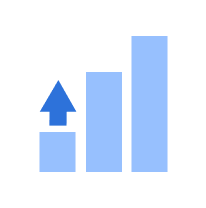
Direct promotion effect: sales volume with promotion
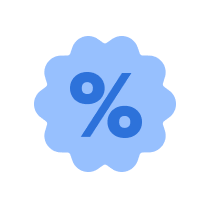
Forward buying: sales dip following a promotional spike

Cannibalization: when sales of a promoted item offset sales from similar items
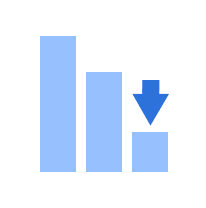
Sales uplift: increase in sales due to promotions
ML-driven promotion planning at your fingertips

AI and ML can reveal customer behavior patterns that are not evident through manual analysis. By leveraging AI/ML, retailers can develop highly effective promotional strategies based on comprehensive insights.
Building on a solid foundation of past performance data, the next step for the category managers was to leverage ML to elevate promotion planning with predictive analytics. The advanced platform not only assimilated historical data but also included trends and seasonality patterns.
After integrating ML into the platform, the retailer saw:
- Incremental top-line revenue increase by $50M
- Category manager productivity grow by 400%–600%
AI-driven tools provided the capability to predict the outcomes of different promotional mechanisms and discount levels for chosen SKUs, empowering managers to experiment and identify the most effective approaches.
That enabled them to:
- Optimize results for an individual KPI (sales, margin, traffic, basket) on a campaign level.
- Evaluate various promotional scenarios through simulations.
- Quickly compare alternative strategies and determine break-even points.
ML-based promotion simulations for increased revenue and productivity

Thanks to a thorough understanding of the impact of past promotions and the machine learning support, the category managers developed superior promotion plans in substantially less time.
Whether your retail operation spans the globe, has multiple channels, or targets in-store sales in one specific country — ML-driven promotion planning boosts revenue and enhances operational efficiency. Combined with data-driven demand forecasting, you become well-equipped to achieve significant competitive advantages, ensuring your promotional strategies are not only reactive but proactively optimized for future success.
SoftServe can help you deploy powerful simulations to perfect your promotion planning. ML-driven retail promotion planning is just one way to elevate your retail operations — learn how to use them to bring about your digital retail revolution.

